Pregnant? What to Expect From Your Skin

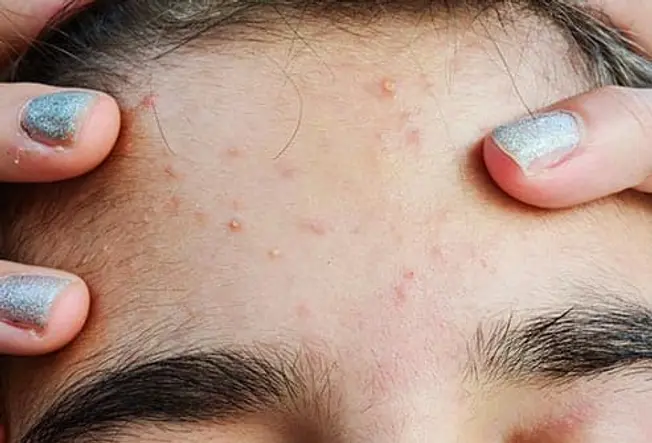
Acne
Even if you usually have clear skin, you might find yourself battling breakouts while you’re expecting. You can blame pregnancy hormones for these flares. Wash your face daily, and avoid picking at your skin, which can cause scars. There are many treatments for acne, and you can buy most of them over the counter. But a few of the prescription meds for it aren’t safe to use while you’re pregnant. Talk to your doctor before you try any treatment.
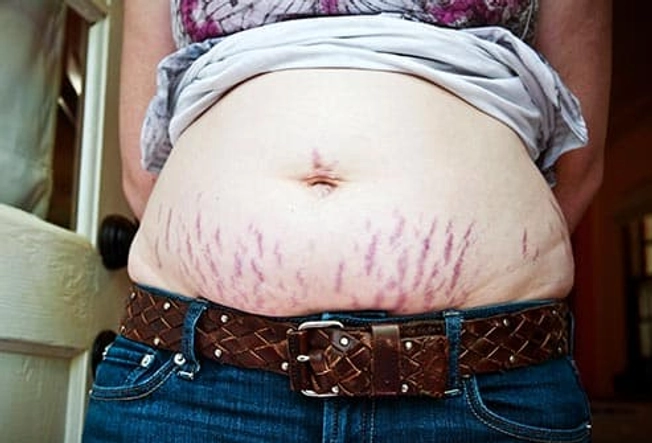
Stretch Marks
As your baby bump grows, you might get these purplish-red streaks on your belly, thighs, breasts, bottom, or even arms. They show up as your skin stretches and your hormones change. Up to 90% of women have them by their third trimester, but you’re more likely to get them if other women in your family had them. Skin creams may help with itching, but they can’t prevent them. But don’t worry -- most stretch marks fade over time and turn pale.
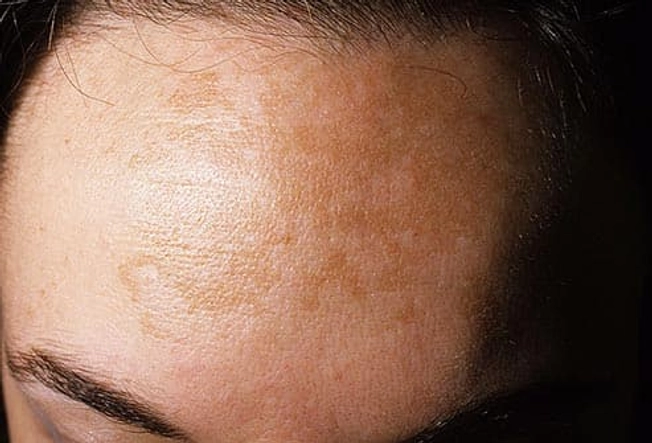
Melasma
It’s also called chloasma or the “mask of pregnancy.” Up to 70% of pregnant women get these brown patches on their cheeks, nose, and forehead. Time in the sun makes it worse, so wear sunscreen or hats when you’re outdoors, or avoid the sun when you can. Sometimes melasma can be permanent, but it usually fades after you have your baby.
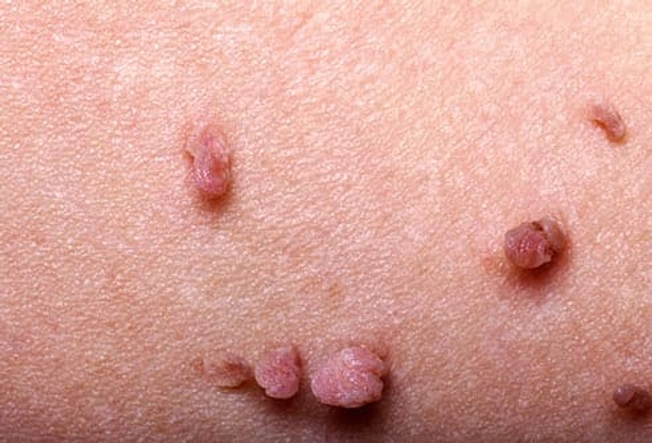
Skin Tags
It’s not clear why, but pregnancy increases your chance of getting these small, flesh-colored growths. You get them most often in the folds of your skin, like your armpits, neck, or groin area. They’re usually harmless, so there’s no need to treat them. But if they bother you, you can ask your doctor about removing them. Don’t try to take them off yourself, though.
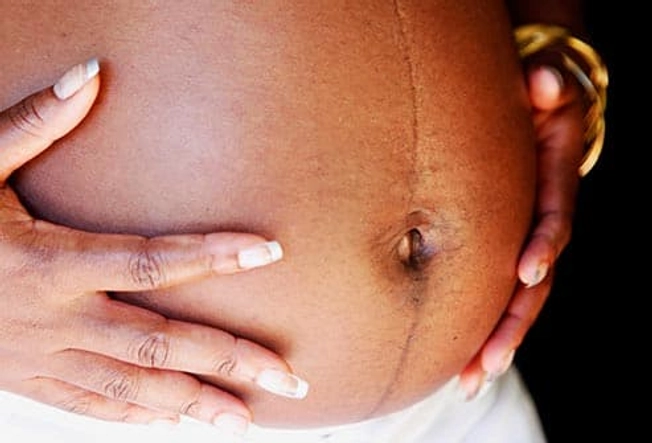
Hyperpigmentation
Some spots on your body, like freckles, scars, and the skin around your nipples, will get darker, and sometimes bigger. You may also get a line down the center of your belly called the linea nigra. It’s more likely if you have a darker skin tone. Stay out of the sun, and tell your doctor about any spots that are new or look like they’re changing shape.
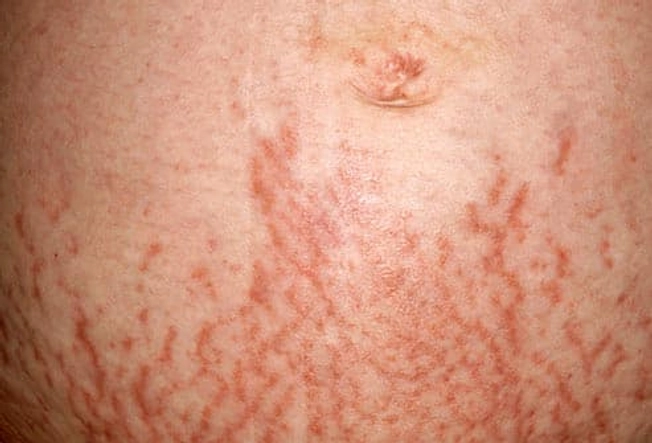
PUPPP
If tiny, itchy, red bumps pop up on your belly, it might be PUPPP, short for pruritic urticarial papules and plaques of pregnancy. It can spread to your thighs, breasts, or buttocks in large patches. Doctors don’t know what causes it, but it’s most common in first pregnancies and for moms of multiple babies, like twins or triplets. There’s no treatment, but you can use antihistamines or steroid creams or gels to help with itching. It should go away after you give birth.
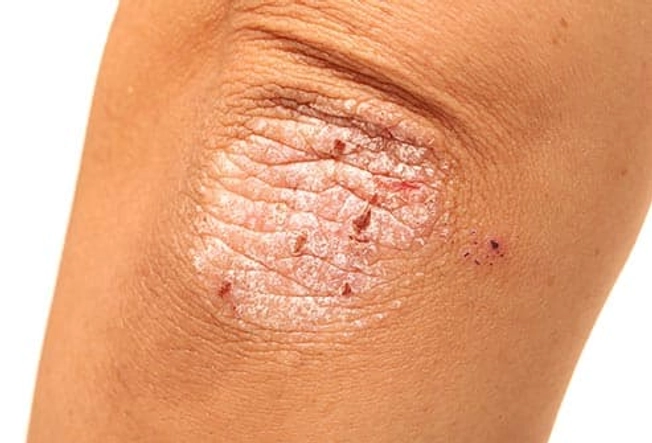
Psoriasis
Pregnancy doesn’t cause this skin problem, but if you already have it, the scaly, red patches on your body might get worse. But for some women, the condition actually gets better while they’re carrying their babies. Make sure any treatments you’re taking for your psoriasis are safe for your little one.
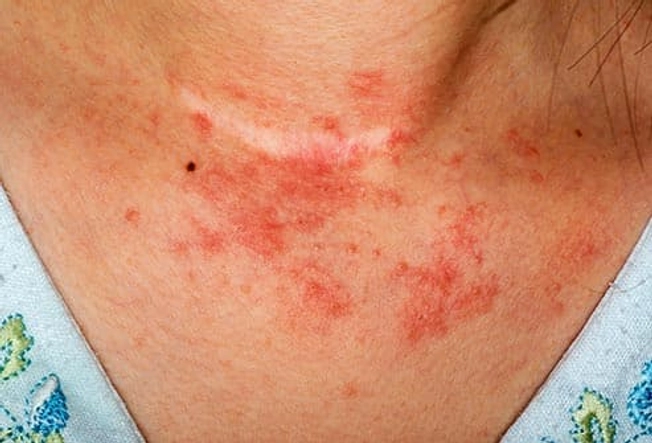
Eczema
Many women get these red, crusty, itchy patches for the first time while they’re pregnant. But if you already have eczema, it can get worse during those 9 months. The easiest way to keep it at bay is to avoid the things you know trigger it, which could be anything from soaps and pet dander to some foods and stress. You can treat the problem with steroids, but check with your doctor first to be sure your treatment is safe for pregnancy.
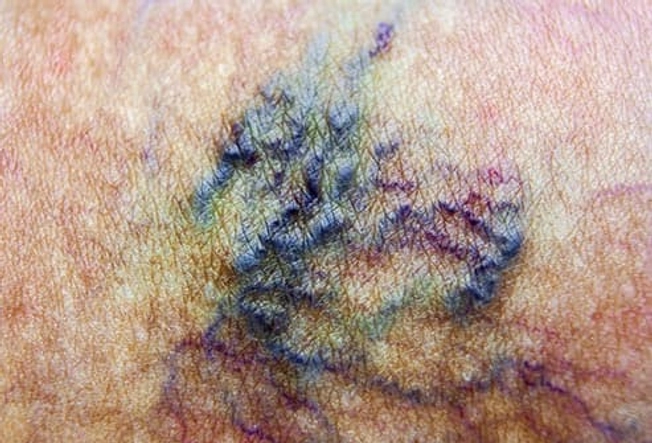
Varicose and Spider Veins
Pregnant bodies have more estrogen and blood than usual, and that affects veins. Small patches of them, called spider veins, may show up on your face, neck, or arms. They’re harmless, and should fade after you have the baby. Pressure from your uterus can make veins in your lower half swell. These are varicose veins, and they can be painful. Your doctor may suggest you take walks, prop your legs up, and use tight stockings called compression hose to help treat them.
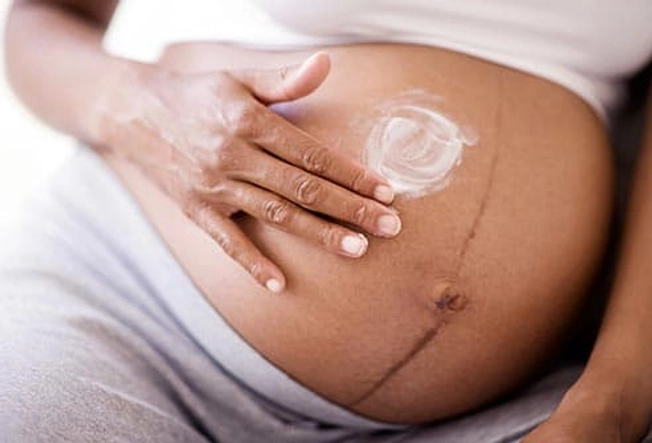
Take Care of Your Skin
Your best bet for healthy skin while you’re expecting is to focus on the basics. Drink plenty of water. Wear sunscreen every day, and stay out of the sun when you can. Use lotion to soothe itching and dryness that may come with stretched skin. Most importantly, check in with your doctor if you notice any changes that worry you.
